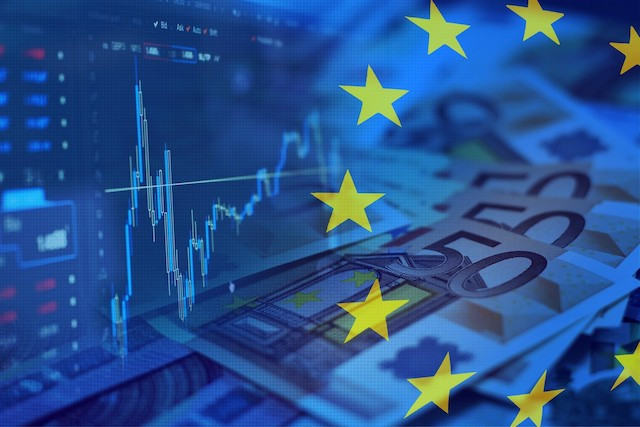In its autumn forecast, the commission warned that economic output in the EU as a whole and the euro currency countries would not recover to pre-pandemic level next year and not even in 2022.
For the EU as a whole it expects gross domestic product (GDP) to drop by 7.4% this year and only gain back 4.1% next year. The outlook for the eurozone is slightly more pessimistic at losses of 7.8% this year and gains of 4.2% in 2022.
The outlook for Luxembourg next year stands in contrast with estimates by national statistics office Statec, which said GDP would drop by 6% this year but also that the economy would bounce back by 7% next year.
Chamber of Commerce director general Carlo Thelen in an interview with Delano in October had expressed his doubts about this recovery estimate. And this was before the government instated a nightly curfew until the end of November and added further restrictions for an already struggling hospitality industry.
Still, in the autumn forecast, Luxembourg was among the euro countries least hit by economic crisis in the wake of the pandemic, with only Ireland, Lithuania and Finland performing better.
And it is the only country in the EU that will end up having added jobs in 2020, the commission said, despite high unemployment as a result of the crisis. It does, however, expect unemployment in the grand duchy to rise from 6.6% in 2020 to 7.1% in 2022.
Luxembourg is also expected to close the year with the second-lowest rate of public debt in the union at 25.4% of GDP. Only Ireland is set to have lower public debt at 17.2% of GDP.
EU countries spent heavily on rescue packages for the economy with Luxembourg’s rescue measures coming in at more than €11bn. However, some of that money is as of yet untapped as it was earmarked for loan guarantees and payments that have seen only moderate uptake by businesses.
Public debt is expected to increase to 27.3% of GDP, according to the EU estimates to reach 28.9% in 2022. But the country expects to keep investments at a high level in the coming years with finance minister Pierre Gramegna (DP) saying the government would not introduce austerity measures for the sake of a balanced budget.
